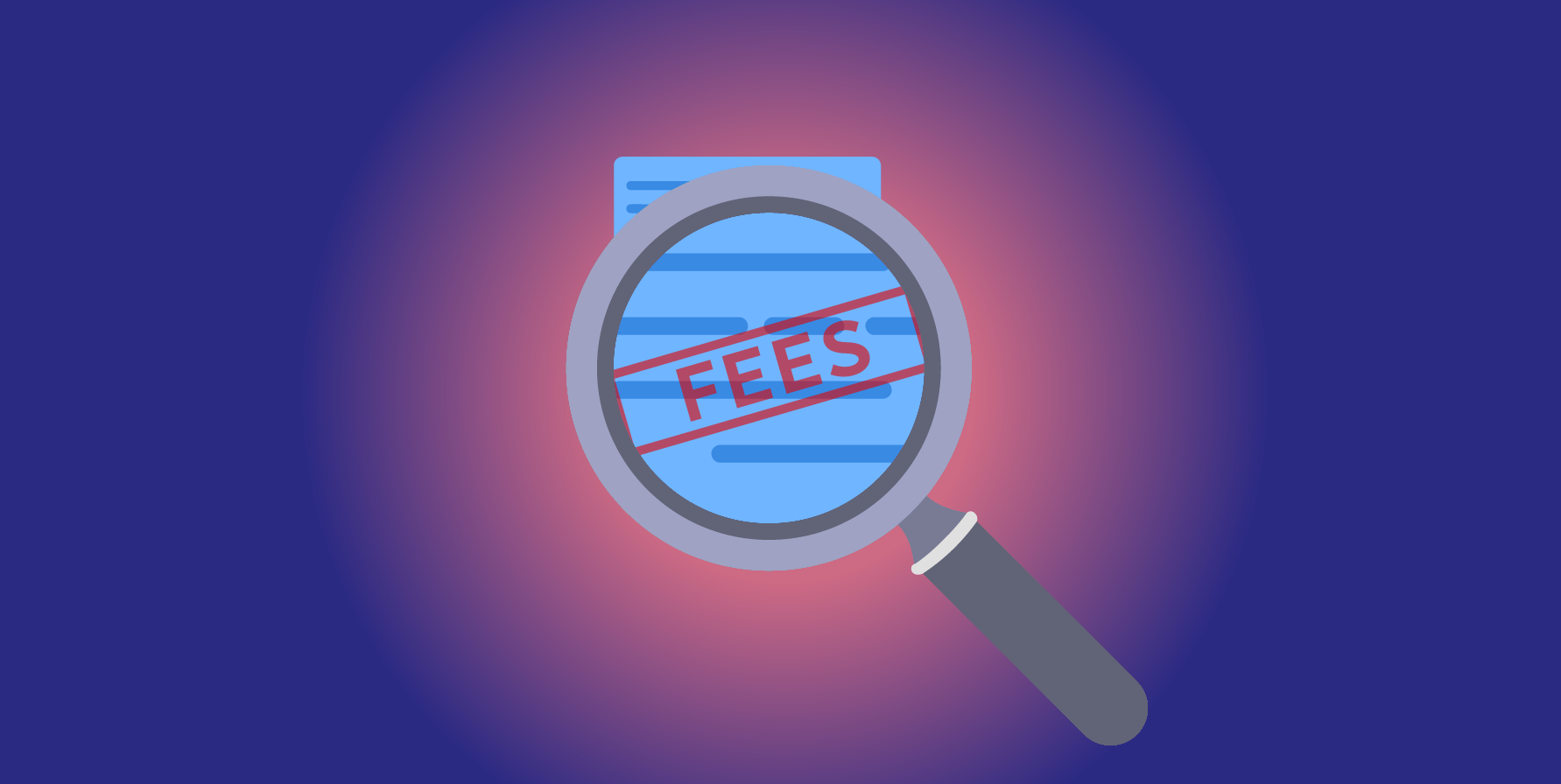Experian recently shared the news that the average FICO Score in the U.S. hit 714, marking the fourth year in a row American credit scores inched upward.
This is especially noteworthy given today’s economic backdrop, scarred by both a global pandemic and record-setting inflation. This one-two combination has left 64 percent of Americans living paycheck to paycheck.
Making matters even more challenging are the billions of dollars in fees and penalties consumers must shoulder each year. Earlier this year, the Consumer Financial Protection Bureau (CFPB) issued a round of communications detailing the array of fees passed onto Americans, many of which the Bureau classified as “excessive” and even “exploitative.”
Take, for instance, the category of fees the Bureau labeled “junk.” According to a January2022 CFPB statement, junk fees — penalties assessed by businesses and financial institutions (FIs) for late payments, overdrafts, return processing, out-of-network ATM usage, money transfers, inactive accounts, bill pay “maintenance costs,” and similar expenses — “drain tens of billions of dollars per year from Americans’ budgets.”
“According to the CFPB’s tally, credit card issuers charge Americans more than $120 billion in interest penalties each year.”
Sometimes dubbed “convenience fees,” these charges often hit accounts with little or no explanation, obfuscating the true costs of goods and services and making it “harder for families to realize the benefits of competition.”
Case in point are excessive overdraft fees, said the Bureau, which can make the cost of a cup of coffee “go from $3 to $35.” Equally dubious are the fees quietly billed to a consumer when they request to speak to an actual person for help or when they request to pay a bill by phone.
The CFPB spent the first quarter of 2022 seeking public comment from consumers, small business owners, NPOs, attorneys, FIs and others in an effort to scope out the true costs of junk fees. Now that public input has been collected, the agency promises to follow up with more findings on junk fees in the coming months.
Credit Card Fees
Also on the Bureau’s radar in 2022 are credit card-related fees. In a recently-released report, the CFPB found credit card late fees alone cost Americans $12 billion each year.
“Prior to the COVID-19 pandemic, consumers had steadily been paying more in credit card late fees each year—peaking at over $14 billion in 2019,” said the Bureau, which found late fees briefly declined in 2020, thanks to record-high payment rates and public and private relief efforts.
However, now that most COVID-related stimulus money has evaporated, the CFPB anticipates a possible surge in late fees this year.
Even more troubling from the Bureau’s perspective are the astronomical interest rates some card issuers charge users. According to the CFPB’s tally, credit card issuers charge Americans more than $120 billion in interest penalties each year.
And, just as it promises to get to the bottom of junk fees in the coming months, the agency is promising to examine credit card interest models more closely .
“Given the outsize role that credit card debt plays for many households, the CFPB is looking to ensure that there is robust and fair competition in the credit card market,” the Bureau promised in January. “Even small improvements in this market can have significant impacts on American families.”
Late Fees and Credit Scores
Beyond the direct hit consumers absorb in fees and penalties, there are the indirect costs that can be just as painful on the pocketbook, namely how fees and penalties can impact credit scores.
“When you consider consumer anxieties around credit scores and late fees, it’s clear that offering real-time payment tools is imperative if FIs hope to [meet] consumer needs.”
As mentioned earlier, U.S. credit scores have climbed for the fourth straight year, which is good: the higher the credit score, the greater consumer buying power and the likelihood of low-interest rates and more.
However, given the barrage of excessive fees and penalties the CFPB called out, there is a likelihood that some bills may be paid late or go unpaid entirely. When that happens, it can quickly damage credit scores, thereby undermining a consumer’s financial standing.
In addition to depleting a consumer’s buying power, low credit scores can scare away lenders when evaluating mortgage applications. Landlords consult them when considering potential tenants and calculating rental deposits, and many employers even consider credit scores when evaluating job candidates.
As we wrote last year, “even though credit scores offer only a narrow glimpse into someone’s overall financial health, they carry a lot of weight. And just one oversight by a consumer – a tardy or forgotten bill payment, for instance – can badly tarnish an otherwise solid credit history.”
How Modern Bill Pay Can Help
BillGO believes everyone deserves access to a healthy financial future.
And although BillGO’s modern bill pay technology cannot eliminate excessive fees or penalties, it can provide consumers with the tools they need to help them stay current on their financial obligations.
Our latest eBook, Winning the Battle for Bill Pay, draws on a wealth of data documenting what consumers need in bill pay technology to help them better manage their financial lives — and what FIs need to do to deliver on these needs.
As Dan Holt, BillGO CEO, writes in the new eBook, “When you consider consumer anxieties around credit scores and late fees, it’s clear that offering real-time payment tools is imperative if FIs hope to [meet] consumer needs.“
Download your copy of Winning the Battle for Bill Pay now.


